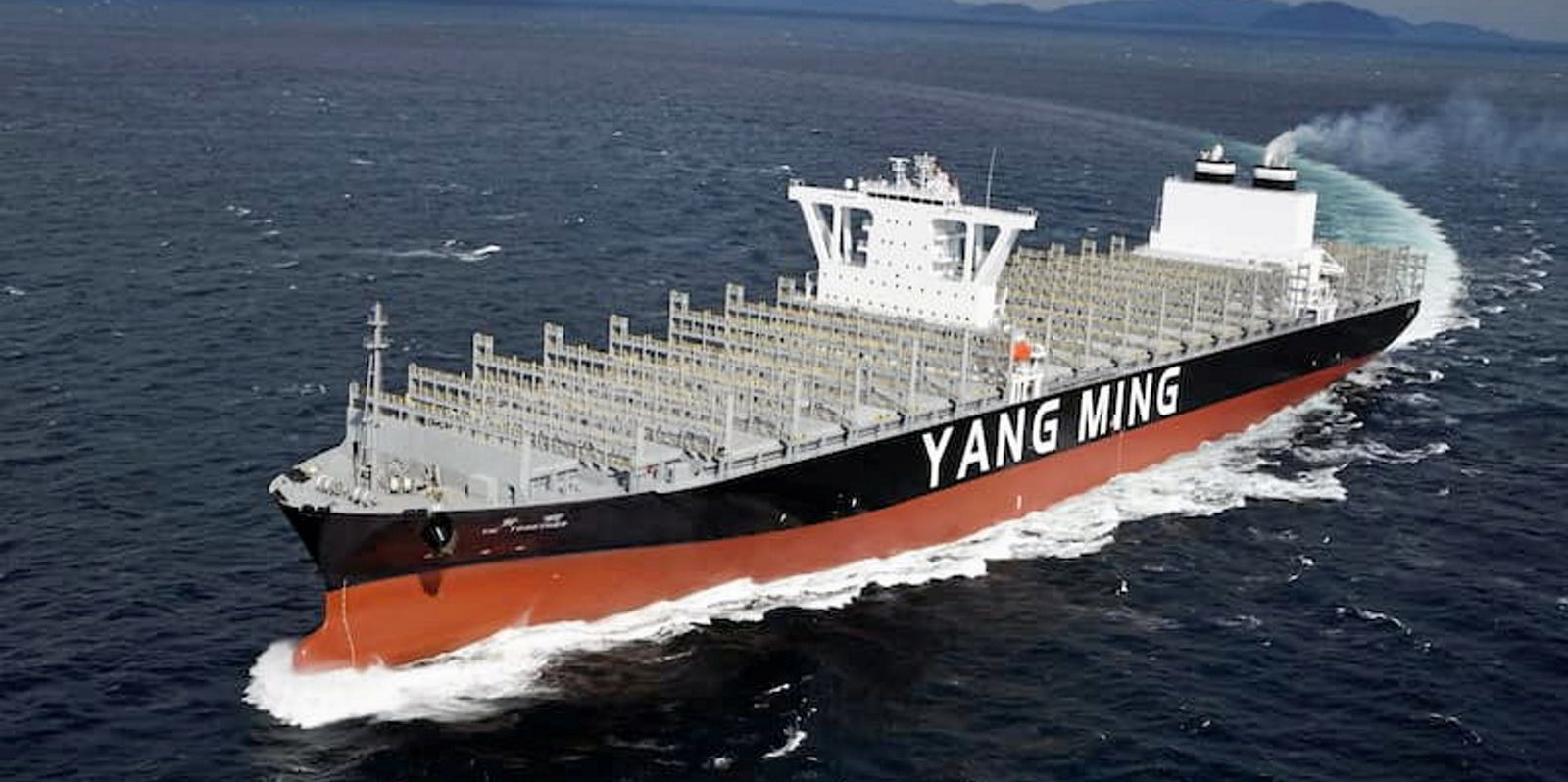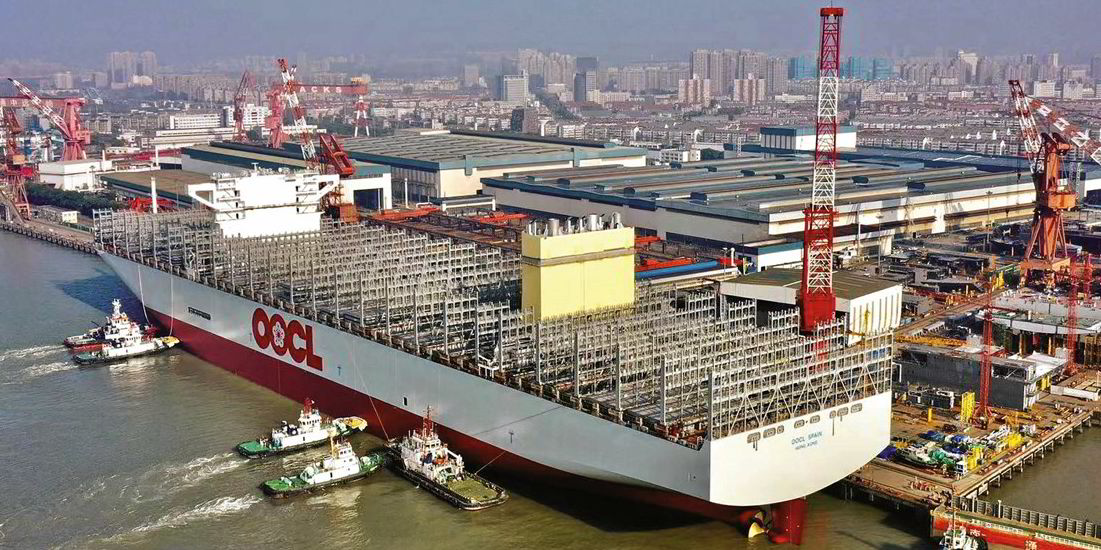Taiwanese container line Yang Ming Marine Transport is on the hunt for new growth avenues after banking a record profit in 2022.
The Taipei-listed shipowner said net earnings hit TWD 180.6bn ($6.06bn) last year in unprecedented boxship markets.
The company did not give a comparative figure for 2021, but added it posted revenue of TWD 375.9bn in 2022.
Despite the profit, the board is holding dividend payments steady at TWD 20 per share, “given the uncertainties of the shipping industry and the company’s commitment to sustainable operations”.
The strong performance was due to high demand and elevated average freight rates, but markets have since cooled.
From the fourth quarter, Yang Ming said consumer purchasing power has been diminished by inflation and high inventory levels.
However, the owner believes China lifting Covid restrictions and the gradual reduction of inventories there might stimulate overall economic activity.
“These factors are likely to create a relatively positive environment for the shipping industry in the second half of the year,” Yang Ming said.
The line believes fuel efficiency regulations entering into effect this year will lead to some slow steaming, retrofitting or scrapping, which will help the vessel supply picture.
“Despite the aforementioned factors, the container shipping industry still faces uncertainties due to ongoing global inflationary pressures and geopolitical risks,” Yang Ming said.
New directions to be explored
To navigate through this evolving sector, the owner is pledging to explore new business opportunities, while optimising its cargo structure and improving space utilisation.
In February, TradeWinds reported that two shipyards were in the running for a container ship newbuilding tender floated by the liner company for a series of neo-panamaxes worth at least $900m.
Shipbuilding sources identified South Korea’s Hyundai Heavy Industries and Singapore-listed Yangzijiang Shipbuilding as moving forward in the tender process.
Yang Ming wants to build five 15,000 teu to 16,000 teu vessels that will be powered by LNG fuel. It has not specified the type of engine or tanks to be fitted but is looking to take delivery of the ships in 2025 or the first half of 2026.
Sources said six or seven shipbuilding companies took part in the tender that was floated in August last year.
They included Samsung Heavy Industries, Daewoo Shipbuilding & Marine Engineering, Jiangnan Shipyard and Nippon Shipyard, a joint venture between Imabari Shipbuilding and Japan Marine United.




